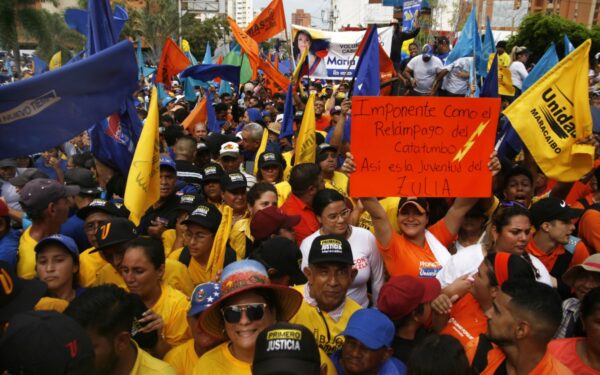Theoretically – but only theoretically – the death of Iran’s President Ebrahim Raisi in a helicopter crash ought not to cause any significant disruption to the Iranian regime. Despite his presidential title, Raisi was not the chief power in Iran: that remains firmly clenched, as it has been since he succeeded Ayatollah Ruhollah Khomeini in 1989, in the iron fist of the Supreme Leader, Ayatollah Ali Khamenei.
The Iranian foreign minister, Hossein Amir-Abdollahian, was also killed in the crash and, arguably, his demise will be more immediately disruptive for the regime. Although he was not a major figure in the Islamic nomenklatura, he was 60 years old – a mere stripling, by the standards of the Iranian theocracy – and despite having been involved in Iran’s nuclear deal in 2015, under a previous foreign minister with whom he quarrelled, when he became foreign minister in 2021 he slavishly adhered to the hardline policies dictated by Khamenei.
But the reason why his loss will be significantly disruptive is the interruption it represents to the various diplomatic démarches he had set in motion, notably with the Taliban in Afghanistan, with Saudi Arabia, with members of the Hamas politburo and with the more closely Iran-affiliated Palestinian Islamic Jihad, through its secretary general Ziad al-Nakhaleh.
By their nature, such negotiations, in regions of complex political and ideological cross-currents, depend to an unusual degree on personal contact and cultivation of trust. Khamenei can appoint a new foreign minister, but he will have to re-plough ground previously cultivated by Amir-Abdollahian, an exercise that will cause delay, at a time when Iran urgently needs to consolidate alliances and appease potential trouble-makers.





